Honoring the Legacy: Reflections on the 1,000 Black Man March in Las Vegas
There was something different in the air that Saturday morning. The kind of quiet that feels sacred — a pause before something meaningful begins.
At the Doolittle Community Center, men of every age began to gather. Some came with sons on their shoulders. Some came with friends they hadn’t seen in years. Some came alone, drawn by a need to stand for something bigger than themselves. As the sun climbed higher over the city, the streets filled with a rhythm — voices, drums, and the low hum of purpose.
This was the 1,000 Black Man March, held in commemoration of the 30th anniversary of the Million Man March — a day that changed the narrative of Black manhood in America nearly three decades ago.
Remembering the Call
Million Man March in Washington DC October 16, 1995
Back in 1995, the Million Man March brought nearly a million African American men to Washington, D.C. It wasn’t a protest — it was a declaration. Atonement, responsibility, and community stood at the center of it all. It asked every man to look inward and outward at the same time — to reconcile with his past while committing to build something better.
Thirty years later, in Las Vegas, that same spirit rose again — not as a replica, but as a continuation.
Atonement in Sin City
They called it “An Atonement in Sin City.”
The march began at Doolittle and moved toward the Martin Luther King Jr. statue in North Las Vegas. The men walked shoulder to shoulder, heads high, guided by purpose more than ceremony. Along the way, laughter mingled with prayer. Strangers became brothers.
You could feel the intention in every step — not just remembering what the Million Man March represented, but asking what it means now, in 2025, in this city, in this moment.
A New Generation Watching
Among the crowd were elders who remembered D.C. — who had been there in 1995, who still carried that experience in their bones. And beside them walked young men who hadn’t even been born yet, now stepping into their own sense of what manhood means.
At one point, a young man named Messiah Harris spoke about wanting to end violence and inspire others. His words cut through the noise — not polished, not rehearsed, just honest. It reminded everyone that this march wasn’t about looking back with nostalgia. It was about looking forward with intention.
Unity, Seen and Felt
Women came too — mothers, daughters, sisters, and wives — not as spectators but as witnesses to strength. One woman watching from the sidewalk said softly, “It’s a beautiful thing seeing our Black brothers come together like this.”
And she was right. It was beautiful. The kind of beauty that comes from seeing people who are often divided by circumstance united by purpose.
Even the coordination — the escorts, the cooperation with law enforcement, the peaceful order of it all — showed something essential: that unity is possible when everyone commits to it.
The Weight of the Moment
Marches come and go. But what lingered that day was something heavier — not in a burdensome way, but like a responsibility you’re proud to carry. The question that hung in the air wasn’t just what did this mean today? but what happens next?
The men who marched weren’t just walking for the moment. They were walking for their sons. For their neighbors. For the boy on the corner who hasn’t yet seen a better way.
That’s where the real work begins — in mentorship, in accountability, in showing up even when no one’s watching.
Beyond the March
In the days since, I’ve found myself thinking less about the spectacle of it and more about the sound — the sound of hundreds of footsteps moving in sync. That’s the sound of something building. Something old becoming new again.
The 1,000 Black Man March wasn’t about headlines or photo ops. It was about a simple, powerful truth: when we walk together, we change what’s possible.
Thirty years after the first Million Man March, the men of Las Vegas reminded us that the movement never really ended. It just passed the torch — from Washington to Doolittle, from fathers to sons, from memory to action.
And in that passing, something sacred was renewed.

